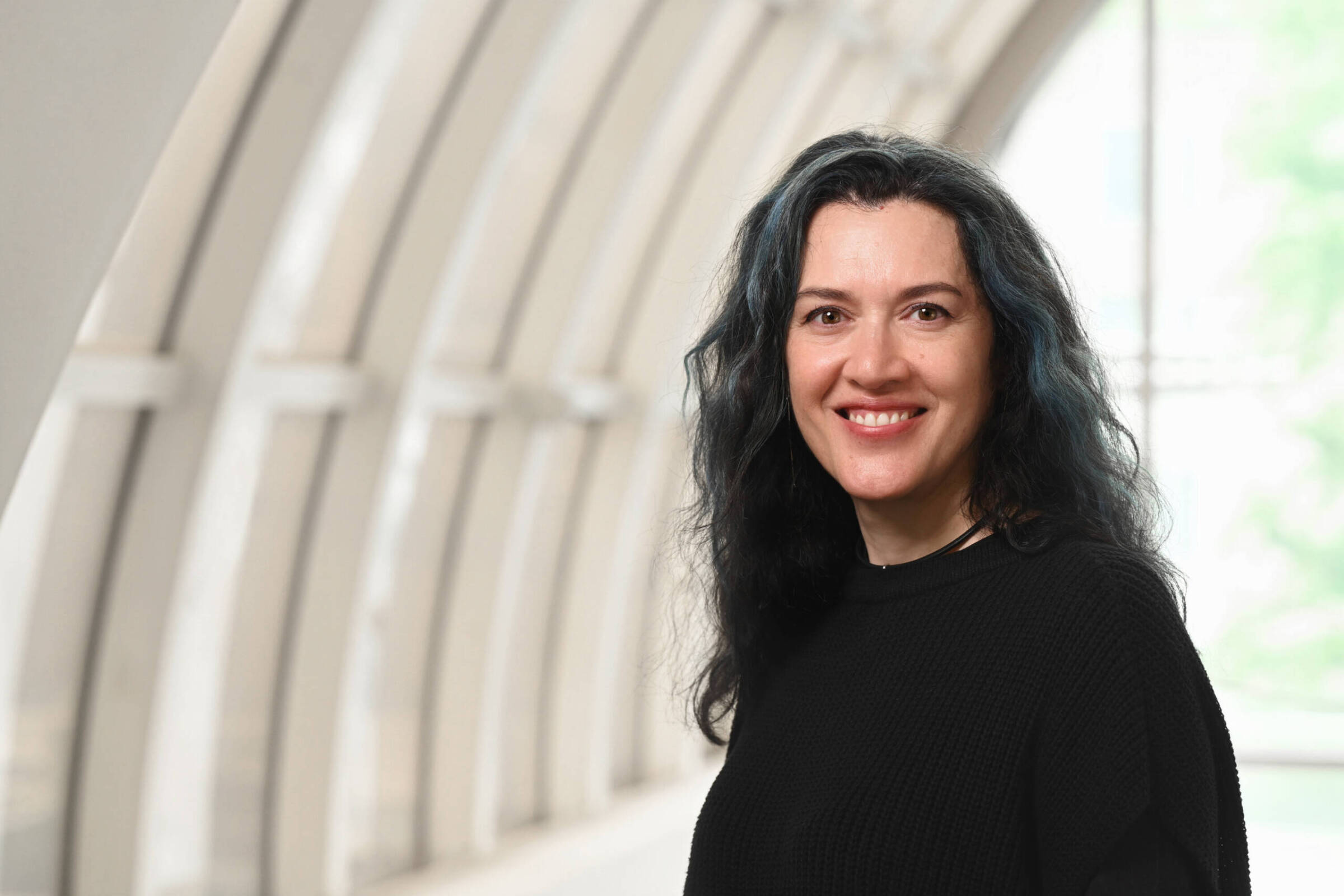Titia de Lange receives NIH Pioneer Award
Rockefeller University’s Titia de Lange, Ph.D., is a recipient of the National Institutes of Health Director’s Pioneer Award, the NIH announced today. She will receive up to $500,000 in direct costs per year for five years to fund research that will examine how cells respond to DNA damage.

The Pioneer Award recognizes scientists who are taking innovative approaches to address major areas in biomedical research. The award, which is in its second year, provides support for groundbreaking, high-risk research that, if successful, will have a significant impact. de Lange is one of 13 recipients.
de Lange’s award will fund several new experiments designed to address questions surrounding how a cell responds when its DNA is damaged: what are the signals that occur in the event of DNA damage, how does the cell sense this signal, and how are those sensors and the DNA repair machinery connected?
“The continuity of life depends on the ability of cells to protect their DNA from damage,” says de Lange, the Leon Hess Professor and head of the Laboratory of Cell Biology and Genetics. “Any deficiencies in the DNA damage response can contribute to tumorigenesis, aspects of aging and hereditary disorders.”
This year’s awardees were selected from among 840 initial applicants. The Pioneer Award is a key component of the NIH roadmap for Medical Research, a series of far-reaching initiatives designed to transform the nation’s medical research and speed the movement of research discoveries from the bench to the bedside.
“The scientists we recognize with Pioneer Awards have far-ranging ideas that hold the potential to make truly extraordinary contributions to many fields of medical research,” says Elias A. Zerhouni, M.D., Director of the NIH. “We look forward to seeing where the visionary concepts of our Pioneer Awardees lead.”


